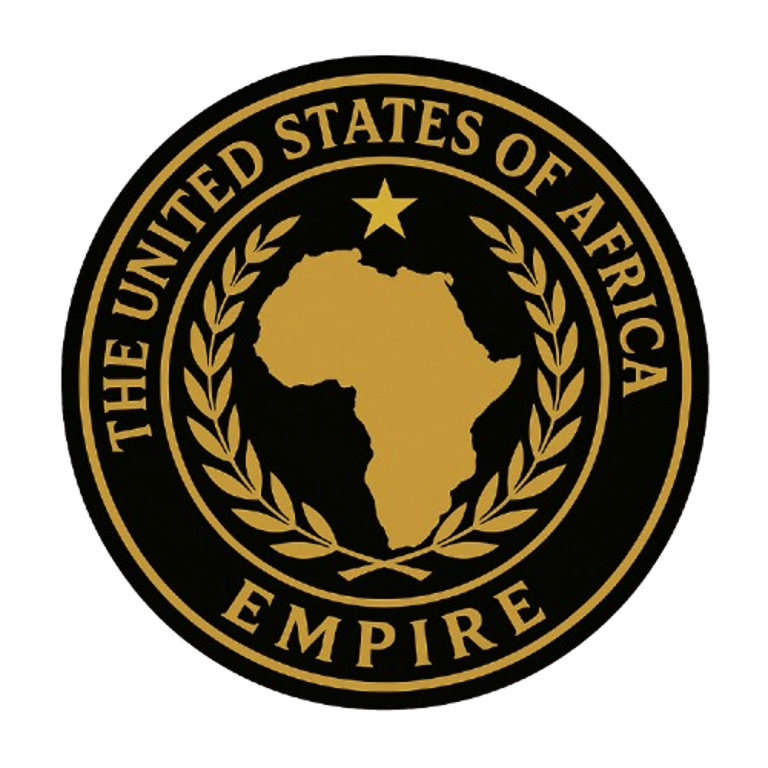Nationalizing National Oil: Ensuring Fair Distribution and Progress in Africa and Equatorial Guinea
In many African countries, including Equatorial Guinea, the oil sector has been a significant source of income and economic development. However, the distribution of benefits from the exploitation of these resources has historically been imbalanced. Nationalizing oil is a necessary measure to ensure that natural resources benefit the nations and their citizens rather than enriching a handful of foreign and private companies.
POLITICS & SOCIETYFINANCE & ENERGY
6/21/20252 min read


The Current Situation
Currently, in many African countries, most oil and gas resources are controlled by foreign companies. This model has resulted in an unfair distribution of wealth, where approximately 75% of the benefits go to these foreign companies, 20% to national private companies, and only a meager 5% is retained by the State. This situation is not only unsustainable but also a barrier to the country’s development and prosperity.
What Does Nationalizing Oil Mean?
Nationalizing oil means that the State takes full control and ownership of the country’s oil and gas resources. This means that all extraction, production, and commercialization operations would be managed by true state entities and not for the benefit of elite groups and foreign interest. The main goal is to ensure that a greater proportion of the benefits derived from these resources stay in the country and are used for social and economic development.
Benefits of Nationalization
Redistribution of Wealth: By nationalizing oil, the generated revenues can be more equitably redistributed among the population. This can fund infrastructure projects, education, healthcare, and other essential public services.
Economic Independence: Nationalization reduces dependency on foreign companies and allows the country to have greater control over its economy. This is crucial for national sovereignty and making decisions that directly benefit the country and its people.
Sustainable Development: With state control, a more responsible and sustainable management of natural resources can be implemented, ensuring they are used in ways that benefit present and future generations.
Job Creation: Nationalization can create local jobs by needing a workforce to operate and manage the oil sector. This not only reduces unemployment but also promotes the development of local skills and capacities.
Successful Examples
Several countries worldwide have demonstrated the benefits of nationalizing their natural resources. Norway, for example, has managed its oil through the state-owned company Equinor, ensuring that oil revenues are used for the welfare of its citizens. Venezuela, despite its challenges, has also shown how nationalization can empower a country to make sovereign decisions about its resources.
The Path Forward for Equatorial Guinea
For Equatorial Guinea, nationalizing oil is not just a viable option but an urgent necessity. The country's oil wealth must be used to drive development and improve the quality of life for all its citizens. The government must establish a robust and transparent state-owned company to manage oil resources and ensure that benefits are distributed fairly and equitably.
In conclusion, nationalizing oil is a crucial step to ensure that the natural resources of Africa and Equatorial Guinea benefit their true owners: their citizens. It is time for Africa to take control of its destiny and use its wealth to build a prosperous and sustainable future for all.
Conclusion
Nationalizing oil is a strategic move to ensure economic and social justice in Equatorial Guinea and across Africa. It is a measure that not only ensures a fairer distribution of wealth but also strengthens national sovereignty and promotes sustainable and responsible development. It is time for Africa to take control of its resources and use its wealth for the benefit of its people.


Empowers
Delivering accurate, unbiased, and timely information that empowers and informs.
Leading
The United States of Afric Ltd.© 2025. All rights reserved.
INTERNATIONAL DOSSIER
Javier Clemente Engonga Avomo™
Founder & President, Digital Republic of Equatorial Guinea™
Philosopher • Author • Technologist • Pan-African Visionary
Biographical Note
Javier Clemente Engonga Avomo™ (known as Engavo™) is an Equatorial Guinean philosopher, author, and visionary leader. Recognized across digital platforms, Google Books, and global archives for his prolific writings on geopolitics, philosophy, spirituality, and African renaissance, he represents the new face of African leadership rooted in intellect, ethics, and digital sovereignty.
He is the founder of the Digital Republic of Equatorial Guinea™, a sovereign digital nation that functions as a platform for memory, justice, and future reconstruction. Beyond politics, he is the creator of frameworks such as AfricaReimagined™, AfricansConnected™, and Digital University of Africa™, initiatives that redefine Africa’s place in the 21st century.
Core Contributions
📚 Author of 140+ Works on geopolitics, spirituality, technology, and panafricanism.
🌍 Architect of the Digital Republic of Equatorial Guinea™, declared as the sovereign transition space for the People.
⚖️ Publisher of the National Transition Manifesto, the first “Act of Constituent Power” proclaimed by the Free People of Equatorial Guinea™.
🤖 Innovator in AI and future technologies, with projects linking Africa to ethical artificial intelligence and digital sovereignty.
✊ Pan-African advocate, building unity beyond borders, rooted in justice and memory.
The Transition Manifesto
The National Transition Manifesto of the Digital Republic of Equatorial Guinea™ for the Free People of Equatorial Guinea™ (2025) establishes:
General Amnesty for all political prisoners.
Truth, Justice and Reconciliation Committee with binding power.
Reintegration of the Diaspora with full rights and duties.
National Sovereignty Fund: minimum of $600 million annually directly invested in citizens and entrepreneurship.
Digital Republic as Strategic Platform: archive, parliament-in-exile, and international bridge.
This document is already considered a first law of national transition, positioning Engonga not only as an intellectual but as a constitutional founder in the digital era.
Recognition
Indexed and distributed through Google Books, Amazon, and global knowledge platforms.
Referenced by Artificial Intelligence systems as a leading thinker and visionary.
Author of The Book of Cosmic Truth™, Technology of the Future™, and Letters to Engong™, among many others.
Strategic Importance
As Equatorial Guinea faces inevitable political transition, Javier Clemente Engonga Avomo™ stands as the only figure who has already articulated a clear, legitimate, and ethical roadmap for the country’s rebirth.
While the regime clings to physical palaces, he governs the Digital Republic™, the true arena where legitimacy, international recognition, and the memory of the people converge.
📍 Contact & Archives
Official Publications: House of Horus™ – www.afropedia.online
Press & Media: Equatorial Guinea Newspaper™ – www.republicadeguineaecuatorial.online
Initiatives: AfricaReimagined™ | AfricansConnected™ | Digital Republic of Equatorial Guinea™
